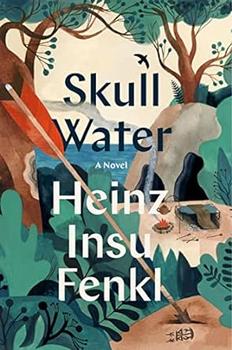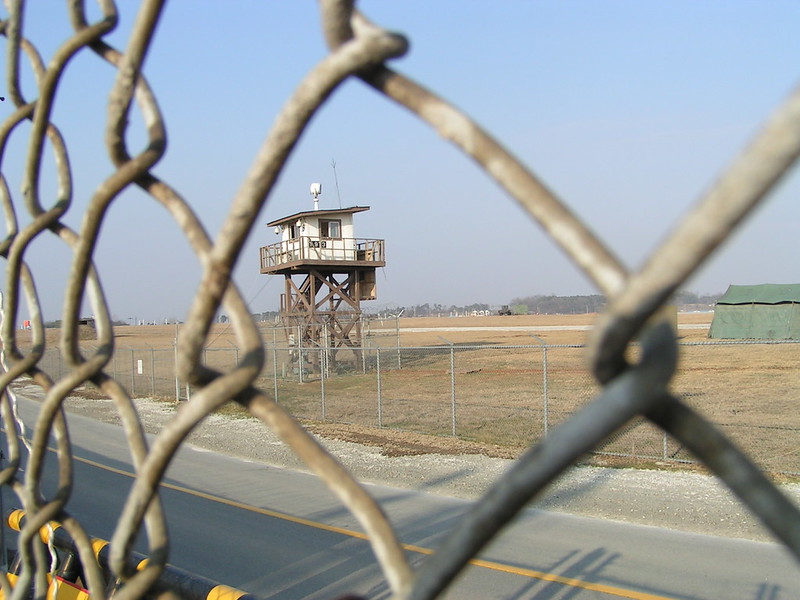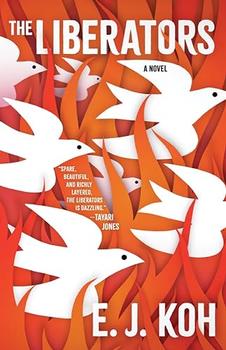Summary | Excerpt | Reviews | Beyond the book | Read-Alikes | Genres & Themes | Author Bio

A Novel
by Heinz Insu FenklA "mesmerizing" (PW, James McBride) "magnificent" (Ha Jin) intergenerational coming-of-age novel set in South Korea—about friendship, belonging, and displacement.
Growing up outside a US military base in South Korea in the aftermath of the Vietnam War, Insu—the son of a Korean mother and a German father enlisted in the US Army—spends his days with his "half and half" friends skipping school, selling scavenged Western goods on the black market, watching Hollywood movies, and testing the boundaries between childhood and adulthood. When he hears a legend that water collected in a human skull will cure any sickness, he vows to find some in order to heal his ailing Big Uncle, a geomancer who has been exiled by the family to a mountain cave to die.
Insu's quest takes him and his friends on a sprawling, wild journey into some of South Korea's darkest corners, opening them up to a world beyond their grasp. Meanwhile, Big Uncle has embraced his solitude and fate, and as he recalls his wartime experiences of betrayal and lost love, he attempts to teach his nephew that life is not limited to what we can see—or think we know.
Largely autobiographical and deeply rooted in time and place, Skull Water is the story of a boy coming into his own—and the ways the past continues to haunt the present in a country struggling to confront its troubled history as it moves into modernity.
Insu comes to realize that simple black-and-white ways of viewing the world — Heaven and Earth, bad and good people, right and wrong acts — can all be inverted, especially when the violent transgressions of war have turned the world upside down. Many novels that explore war are unflinchingly brutal and difficult to read, and Skull Water is no exception when Fenkl writes from Big Uncle's perspective. Yet the novel also explores echoes from the war through previous connections, and memories shared or withheld between families and friends. Skull Water is a particularly complex "war novel" in that it shows not just the events of the Korean War, but also its impact upon a subsequent generation, including racial and cultural collisions...continued
Full Review
(598 words)
This review is available to non-members for a limited time. For full access,
become a member today.
(Reviewed by Jennifer Hon Khalaf).
 The novel Skull Water by Heinz Insu Fenkl is divided between the experiences of the character Big Uncle during the Korean War in 1950 and his nephew Insu's adolescence in the 1970s. It shows how alliances and protections formed during the war gave rise to familial ties and cultural integrations in the postwar era. Insu's identity as the son of a German-American military father and Korean mother reflects the enduring impact of the United States' involvement in Korea.
The novel Skull Water by Heinz Insu Fenkl is divided between the experiences of the character Big Uncle during the Korean War in 1950 and his nephew Insu's adolescence in the 1970s. It shows how alliances and protections formed during the war gave rise to familial ties and cultural integrations in the postwar era. Insu's identity as the son of a German-American military father and Korean mother reflects the enduring impact of the United States' involvement in Korea.
The Korean War was a proxy war for larger powers' overarching grabs for geopolitical power within the Cold War. These maneuvers led to a bloody and devastating conflict from 1950 to 1953, in which about 70% of deaths were those of civilians. Subsequent to Japan's defeat ...
This "beyond the book" feature is available to non-members for a limited time. Join today for full access.

If you liked Skull Water, try these:

by Han Kang
Published 2025
Han Kang's most revelatory book since The Vegetarian, We Do Not Part tells the story of a friendship between two women while powerfully reckoning with a hidden chapter of Korean history.

by E.J. Koh
Published 2023
Extraordinarily beautiful and deeply moving, The Liberators is an elegantly wrought family saga of memory, trauma, and empathy, and a stunning testament to the consequences and fortunes of inheritance.